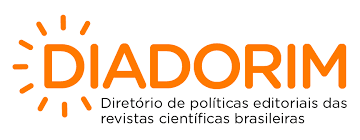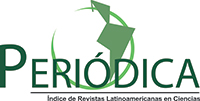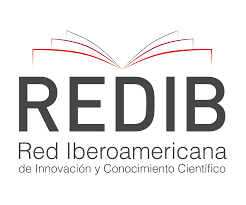MEDICATION ADMINISTRATION ERRORS: EVIDENCES AND IMPLICATIONS FOR PATIENT SAFETY
DOI:
https://doi.org/10.5380/ce.v21i3.44472Keywords:
Medication errors, Patient safety, Nursing.Abstract
The objective is to identify the evidences and implications of medication administration errors for patient safety. An integrative review was undertaken through a search in four databases in May 2015. A sample of 40 articles was obtained, submitted to descriptive statistics. Descriptive studies of evidence level 4 were predominant (n=28; 70%), published in Brazil (n=17; 42.5%). The following errors stood out: dose errors (n=27; 67.5%), wrong drug (n=25; 62.5%); wrong patient (n=21; 52.5%); wrong time (n=20;50%); wrong route (n=17;42.5%), besides documentation errors, omission of justifications when necessary and others. This type of event is responsible for causing irreparable damage to the patient or even death.
Downloads
Published
How to Cite
Issue
Section
License
Cogitare Enfermagem reserves the right to make normative, orthographic, and grammatical changes to the published article to maintain the cultured standard of the language, while respecting the authors' style.
The published study is the sole responsibility of the author(s), and Cogitare Enfermagem is exclusively responsible for evaluating the manuscript as a scientific publication vehicle. Revista Cogitare Enfermagem is not responsible for any violations of Law No. 9,610/1998, the Brazilian Copyright Law.
Cogitare Enfermagem allows the author to hold the copyright of articles accepted for publication, without restrictions.
The articles published are licensed under the Creative Commons license CC BY 4.0 Creative Commons - Attribution 4.0 International - CC BY 4.0 - The attribution adopted by Cogitare Enfermagem is permitted:
- Share - copy and redistribute the material in any media or format.
- Adapt - remix, transform and build upon the material for any purpose, even commercially.
- Attribution - You must give proper credit, provide a link to the license, and indicate if changes have been made. You may do this in any reasonable way, but not in a way that suggests that the licensor endorses it or approves of its use.
- No additional restrictions - You may not apply legal terms or technological measures that legally restrict others from doing something that the license allows.






















